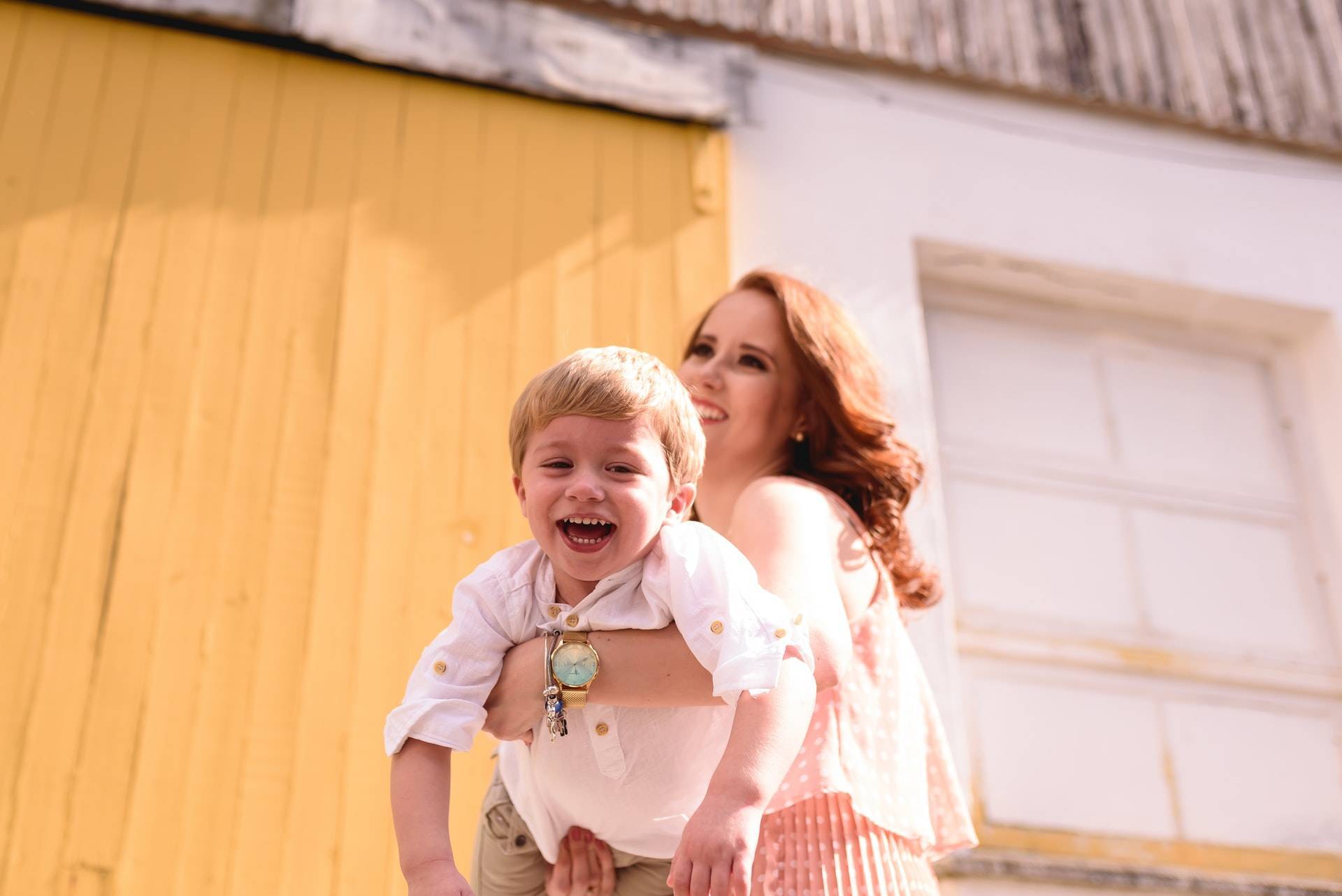Testing Your Gifted Child: The Pros And Cons

Should you have your child tested for giftedness? There are pros and cons to consider on both sides.
If your child hit all the milestones early, seems ahead of his peers, or displays unusually strong reasoning abilities, you have probably considered testing him for giftedness. Testing for confirmation may appear to be the next logical step but there are many factors to consider.
Private Testing vs. School Screening?
Many schools test students they suspect are gifted, usually in the third grade. What this testing consists of, however, varies tremendously. In most cases, an IQ test is given but it may or may not be administered by a licensed psychologist trained to work with gifted children and it may not be appropriate for gifted children. Some IQ tests have lower ceilings than others, so they may not give an accurate assessment for highly gifted children.
In other cases, testing may be limited to a grade-level assessment in various subjects. The advantage of in-school testing is that it is provided at no cost to the parent. If the school doesn’t do testing, is reluctant to test your child, or if you don’t want to wait until third grade, you can take your child to a psychologist for testing. This is also an option if you would like more in-depth information than information obtained from school testing.
Licensed psychologists who specialize in gifted children have been highly sought after. Even in large cities, the waitlists tend to be several months. Although many private health plans will cover at least a portion of the expense, the cost is certainly a factor to consider with fees often over $1000. The advantages, however, are many. A professional psychological-educational (commonly referred to as psych-ed) assessment will give you more than just a reliable IQ score. The average assessment spans several hours and includes testing for educational level in various areas, written and verbal output assessments, and screening for any learning disabilities. You will receive a very detailed report of your child’s strengths and weaknesses which the psychologist will review with you. This report will also contain specific recommendations for your child for both school and at home. Most schools will only accept assessment results from licensed psychologists.
At What Age Should a Child be Tested for Giftedness?
IQ scores were taken at age six and older tend to remain stable throughout a person’s life. The results obtained before age six are not considered particularly reliable and have been found to vary significantly from scores obtained when the child is tested again at a later age. It is for this reason that most programs for gifted children will usually require re-testing before admission if the test was done at a young age. Many psychologists will not test children younger than six.
Why Test Children for Giftedness?
There are many programs within the public system for gifted children. There are also private schools with curriculums and activities tailored specifically for the specific needs of gifted children. Even without special programs schools will provide gifted children with an Individualized Education Plan (IEP) which mandates learning strategies specific to your child. Access to all of these requires that your child be formally identified as gifted.
If you believe that your child is bored in class or displaying behavioral problems that stem from not being challenged or would benefit from spending time with intellectual peers, testing can be the answer. Some gifted children, particularly highly gifted children, know they are different from their classmates. Sometimes understanding why can be a big relief particularly if it results in getting to spend time with other children who are interested in the same things.
Are There Cons to Testing for Giftedness?
If your child is happy in school and doing well you may want to think twice before beginning the testing process. Aside from the time and expense involved, there are other considerations. Having your child labeled can have both emotional and practical implications. Teachers may begin treating your child differently. Those who haven’t been properly trained in dealing with gifted children may hold them to a higher standard in ways unrelated to giftedness like emotional maturity. Additionally, some children are very sensitive to the idea of being different and find the idea of any type of label disturbing.
Whether or not to go through the testing process is a very personal decision and not always an easy one to make. Fortunately, there are resources to help you decide. Talk with your child’s teacher and school psychologist, counselor, or resource person. If they don’t have the answers you seek, almost all districts have a gifted consultant you can speak with. Private psychologists, as well, will tell you exactly what to expect and may even provide you with a sample report. There are also very active gifted associations in many provinces and states where you can find other parents of gifted learners who will be happy to share their experiences with you.
About the author: Timothy M. Wilson works as a content provider for the cheap essay writing service essaywritingservice.nyc. He is interested in self-development and spiritual awakening. So he likes keeping up with modern tendencies of personal development. It helps him plan and have time to do everything.
